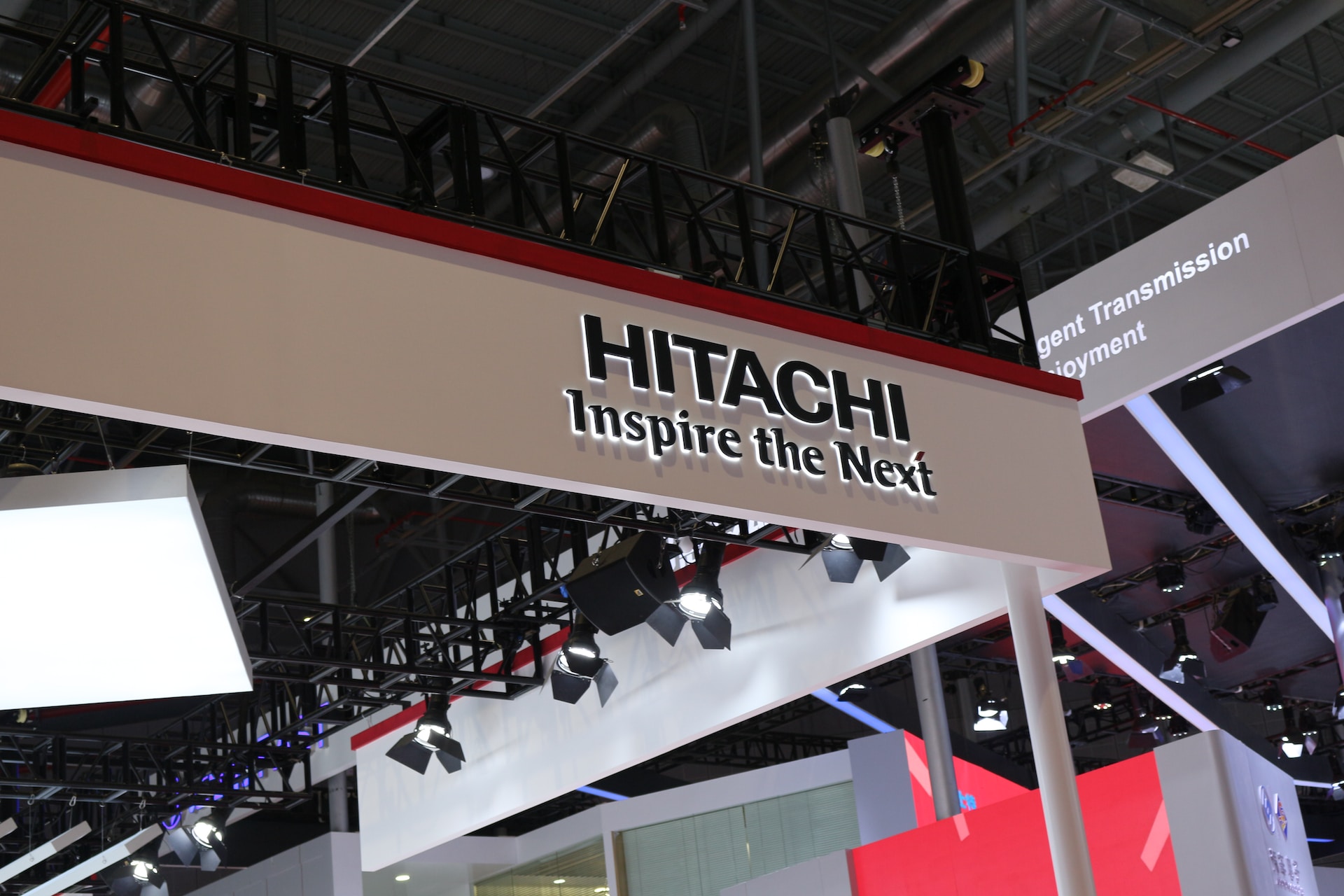As companies around the world continue to navigate the ongoing pandemic and economic uncertainty, Japanese technology giants Fujitsu and Hitachi have taken bold steps to boost their respective corporate values. Both companies have announced plans to significantly increase their share buybacks, a move aimed at returning value to shareholders and improving their market position.
Fujitsu, a multinational information technology equipment and services company headquartered in Tokyo, announced in February 2022 that it will double its share buybacks to 300 billion yen ($2.6 billion) for the current fiscal year ending March 2023. The company also raised its annual dividend to 130 yen per share, up from 115 yen the previous year.
The decision came after Fujitsu reported strong financial results for the third quarter of 2021, with a net profit of 64.6 billion yen ($569 million), up from 27.6 billion yen in the same period the previous year. The company also raised its full-year operating profit forecast by 10%, citing strong demand for its cloud services and digital solutions.
Meanwhile, Hitachi, a conglomerate that produces everything from construction machinery to high-speed trains, announced in March 2022 that it will increase its share buybacks by 50% to 300 billion yen ($2.6 billion) for the fiscal year ending March 2023. The company also raised its annual dividend to 70 yen per share, up from 60 yen the previous year.
Hitachi’s decision was driven by a desire to boost its stock price, which had been underperforming compared to other Japanese industrial companies. The company reported a net profit of 214.2 billion yen ($1.9 billion) for the nine months ending December 2021, up from 90.8 billion yen in the same period the previous year. However, its stock price remained relatively flat, prompting the buyback and dividend increase.
Both companies’ decisions to increase share buybacks have been well-received by investors, with Fujitsu’s stock price rising 6% in the days following its announcement, while Hitachi’s stock price increased by 4%. Analysts have praised the moves as a way for both companies to improve their financial positions, return value to shareholders, and potentially attract new investors.
However, some have also questioned the long-term impact of share buybacks on companies’ growth and innovation. Critics argue that buybacks can be seen as a short-term fix that diverts resources away from research and development or other areas of investment that could drive long-term growth.
In response to these criticisms, both Fujitsu and Hitachi have emphasized their commitment to continued investment in research and development and other areas of growth. Fujitsu, for example, has stated that it plans to invest more than 300 billion yen ($2.6 billion) in digital transformation over the next three years. Hitachi, meanwhile, has pledged to invest in digital solutions, renewable energy, and other growth areas.
Despite the ongoing economic uncertainty and challenges posed by the pandemic, Fujitsu and Hitachi’s decisions to increase share buybacks demonstrate a willingness to take bold steps to improve their financial positions and remain competitive in the global marketplace. However, the long-term impact of these moves remains to be seen, and it will be up to investors and analysts to carefully monitor their effects on the companies’ growth and innovation strategies.




